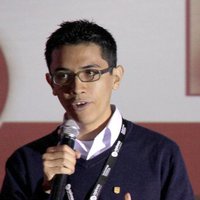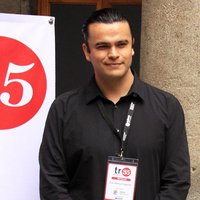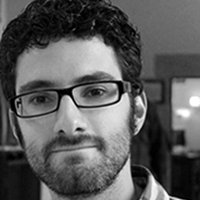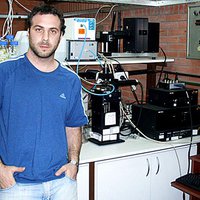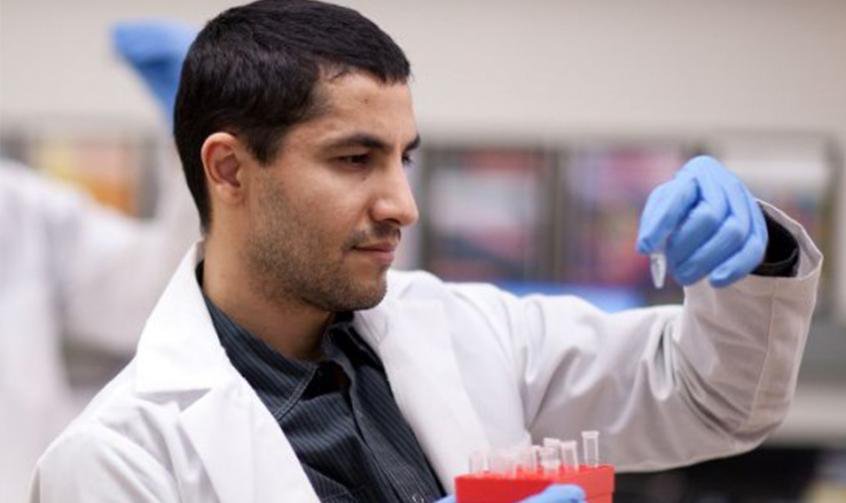"Easy and affordable self-diagnosis of a greater number of diseases; is this the next great medical advance of the coming decades? If everybody dreams of performing certain tests that are currently expensive and complex in the calm and warmth of his own abode, this is exactly what the methodology, developed by Abdennour Abbas, a 33-year-old French bioengineer, and educated at the University of Lille (France), aims at: to make it an everyday task, not more complex than taking one's temperature today. This is achieved through a set of nanoparticles, equipped with artificial antibodies acting as receptors, which forces them to move, reassemble, and change colour in the presence of specific viruses, bacteria, and antigens. “Something that we want to make available as a ready-to-use kit to everybody at the local chemist's.”
The use of nanoparticles to detect pathogenic agents is not new (the precise term of this technique is LSPR, which stands for Localized Surface Plasmon Resonance), but the great advance is that through Abbas's methodology adopting artificial antibodies, such transformation of the nanoparticles is visible to the naked eye, and everybody would have a simple, straightforward means to ascertain the presence of pathogens. What is more important, this method is far more sensitive than those currently employed and widespread are today, and will allow the detection of illnesses at a much earlier stage of development.
Abbas demonstrated this methodology in a laboratory of the Washington University in Saint Louis (US), where urine samples were shown to contain biomarkers indicating renal dysfunctions. ‘‘But really, any infecting agent could be detected, it is just a matter of developing the right artificial antibodies”, says Abbas. This young innovator couples his scientific vision with a practical, hands-on attitude which makes him envisage creating his own research laboratory and eventually even a start-up company to commercially develop what he calls the “domestic self-diagnosis systems” that, according to him, represent the future.
When asked his thoughts about Abbas's findings, Ángel Montoya, director of the Immunotechnology Group of the Integrated Bioengineering Laboratory of the University of Valencia, agrees that combining new biomarkers such as the artificial antibodies to the LPSR latest advances may be a real “breakthrough”, and eventually strengthens or replaces the most widespread system used today called ELISA (for Enzyme-Linked ImmunoSorbent Assay). The key difference is that ELISA needs monoclonal enzymes and other components to detect the catalytic transformation occurring in the presence of pathogens, which makes Abbas's methodology ''far more sensitive and versatile”. Last but not least, it is also sensibly cheaper, “less than 50 dollars for a solution-based kit, and less than 10 for a paper-strip kit”, which are the two types of kit that Abbas is developing, which “may make the diagnosis method commercially viable and accessible also in developing countries”, as well as in a greater number of low-scale medical laboratories and universities for research purposes."
